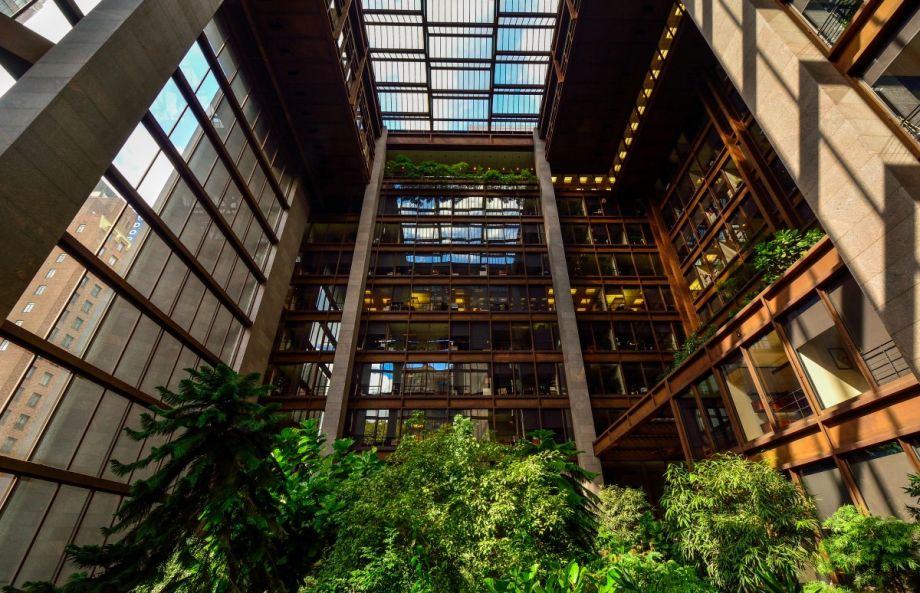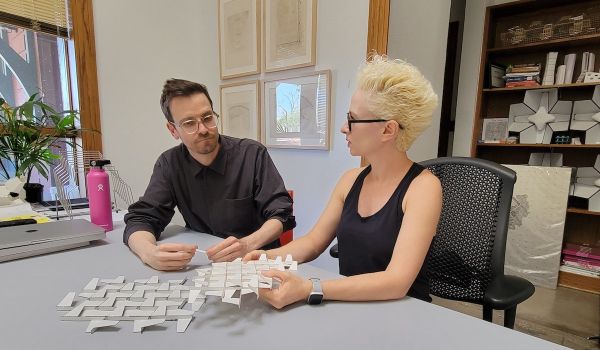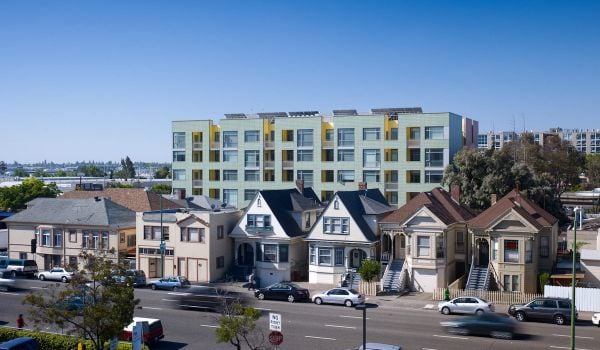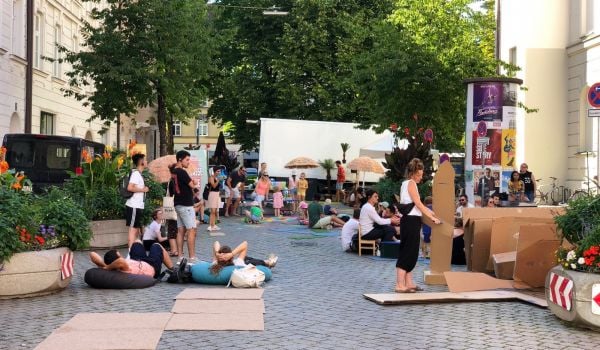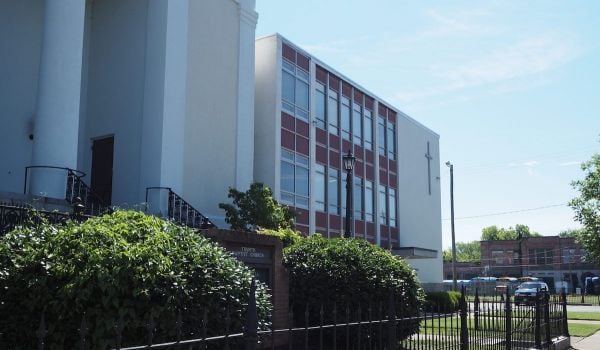The Ford Foundation’s iconic New York City headquarters, designed in 1963 by Kevin Roche and John Dinkeloo, is destined for a makeover.
Last June, Foundation President Darren Walker made headlines when he unveiled the “FordForward” strategic plan to remake the philanthropy. The recent architecture announcement is getting just as much attention — and for good reason. Not content to just “update” the building to meet city and national codes, Walker and the board took a good, hard internal look. They looked beyond the soaring atrium and the modernist furniture that set design trends for decades, and saw a building that failed to express their organization’s mission and culture.
So they’ve decided to boldly reimagine the home of an organization that, in 2015, gave grants totaling nearly $800 million to support people working on everything from reducing poverty to supporting international cooperation. (Next City is one grantee.) Instead of a headquarters where, as New York Times writer David Dunlap wrote, a trip to the president’s office is “the philanthropic equivalent of going to see the Wizard of Oz,” Ford will provide a 21st-century model of office space that articulates a message and advances a mission.
The $190 million renovation, which will take about two years, is intended to make their home a “public service facility” with an art gallery, visitor center, assembly space and offices for nonprofit organizations. The new space will be LEED Gold certified. (Architecture firm Gensler is handling the new design, with informal advising from Kevin Roche John Dinkeloo and Associates.) The atrium design and garden terraces designed by Dan Kiley will remain, but there will be a new landscape plan by Raymond Jungles, a firm inspired by a stewardship of land ethic. In the urban jungle of New York City, watch this space as a place for lessons on sustainability and resiliency.
By opening the building to the public as a civic space, Ford reminds us all that corporate facilities can and should be, as their website states, “a welcoming and inspiring hub for social good and the courageous people who devote their lives to achieving it.”
Architects, planners and designers everywhere will be watching the Ford Foundation renovations with hope. And, while no project is perfect (the current Ford building is known for its heating and cooling challenges, as well as inefficient office design and lack of accessibility for the disabled), I expect the design solutions we witness in 2018 will start a discussion and even set the trend for mission-driven renovations for the next half-century.
I am particularly interested in the concept of a “mission-driven” renovation. Next City’s offices overlook Love Park, where Philadelphia citizens and visitors find respite and joy on a daily basis. I consider it our external atrium, and I proudly have a picture of the park’s fountain as the screensaver on my phone. Renovations are in the works for Love Park over the next few years to address code and structural deficiencies. But will it be a mission-driven renovation? Are equity and inclusiveness imbued in the plans, or an afterthought?
Ford’s announcement is a reminder that empowering designers to consider values in their work while not new, is revolutionary, and has the potential to reclaim the rightful role architects, planners and developers once played as leaders in our communities.
The renovation also reminds me how rebuilding can be personal. As anyone who has ever designed or built a home or office, or renovated a room knows, there are many decisions to be made, and the disruptions can be maddening. When we built our home a decade ago, my wife and I faced a million decisions, from siting the home to the type of doorknobs. Yes, even the tile and paint colors are expressions of ourselves.
Fortunately, Walker is well suited to making decisions big and small. Building on his experiences as leader of the Abyssinian Development Corporation in Harlem, he displays an intentionality rarely found in today’s shareholder-driven corporate world and anti-tax public sector. Here’s to hoping other foundations, corporations, governments and non-governmental organizations follow.

Tom was president, CEO and publisher of Next City from May 2015 until April 2018. Before joining Next City, he directed the Center for Resilient Design at the College of Architecture and Design at the New Jersey Institute of Technology. Prior to that, he ran the Regional Plan Association’s New Jersey office, and served as a senior adviser on land use for two New Jersey governors. Tom is a licensed professional planner, and a member of the American Institute of Certified Planners, as well as an adjunct professor at the New Jersey Institute of Technology, where he teaches land use planning and infrastructure planning.


